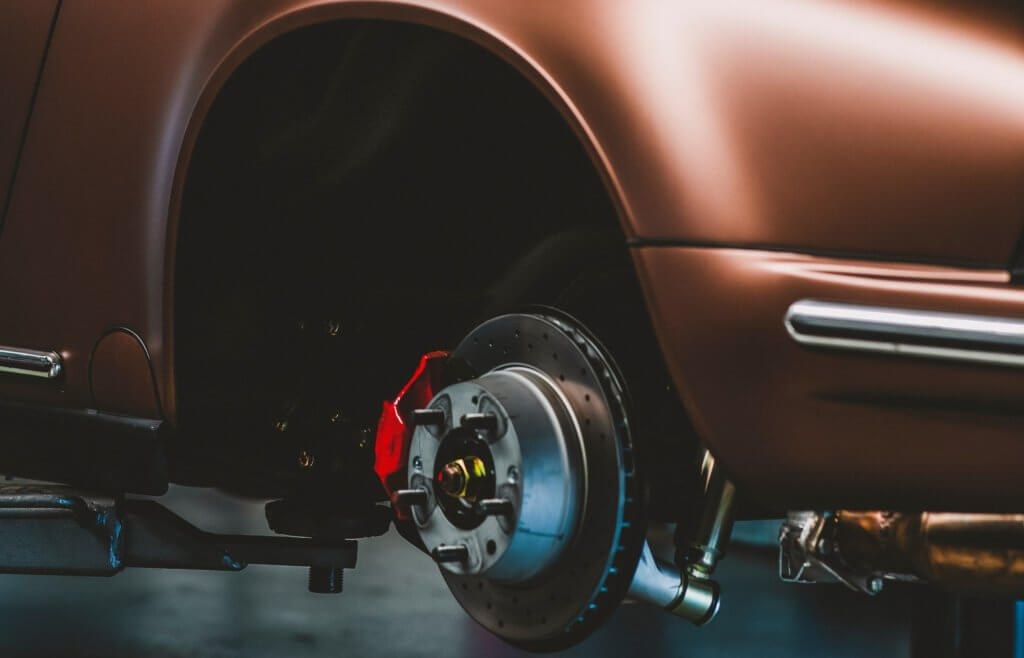
The main goal of fastener engineering is to make a reliable, affordable, and usable product in multiple ways. Creating a proper fastener requires as much engineering and testing as in some other, more complicated parts. It is because fasteners have very important tasks in any type of vehicle regarding the physical bond between all parts, body panels and components. Since fasteners have such an important role, it is essential that they are dependable and that failures are minimal. But, how do you prevent fastener failure through smart engineering?
Understanding The Fastener As A Part Of The System
There are numerous examples when a fastener, although properly designed and built out of the best materials, is simply prone to failure and breaking. At first glance, it doesn’t make any sense since the particular part has been tested in the laboratory and performed flawlessly, only to be a source of constant problems once installed in a vehicle. This is a clear case of misconception by the engineers who observed the fastener as a single item, not part of the more extensive system which the car is.
When installed in a car, fasteners are exposed to forces, vibrations and stress, often exceeding the engineer’s expectations. So, it is very important to “overengineer” the parts since they will need to endure forces coming from other sources or parts of the car in order to be reliable. For example, a simple bolt that holds suspension components needs to hold everything in place and endure constant forces, vibrations and shakes coming from the road.
Materials
Regardless of the type of fastener, engineers need to understand the materials used and their performance entirely. Stronger is not always better, and sometimes, fasteners need to be flexible or allow a certain amount of play to perform correctly. Also, smart engineering regarding the materials will result in savings in production, which will result in more affordable products and lower final prices.
Another part of intelligent engineering regarding the materials is constant strife in discovering new alloys and composite materials which can revolutionise the automotive fastener market. Just remember that plastic fasteners were once considered a novelty but are now dominating the market.
Versatility
There are hundreds of fastener types on the market. From bolts, washers, screws, nuts, pins, springs… the list goes on forever. However, the current trend is versatility which means that fastener engineers are looking for designs and engineering solutions that will be more universal than ever before.
Of course, a plastic screw designed to hold your license plates in place will not be sufficient to hold your cylinder heads. Still, there are types of fasteners that could be used throughout the vehicle, minimalising costs and improving the practicality and durability of the car as a whole. The versatility of the fasteners is also held in high regard by service technicians and aftermarket specialists since it makes their lives easier.
Working Closely With Car Manufacturers
Real-life testing and experiences are crucial in the automotive fastener’s engineering process. The laboratory and computer simulations can provide engineers with many answers, but testing the fasteners under the stress of everyday use is still the best way to see how the particular component performs. This is why working with major car companies is essential during the development phases and even after that.
AUTO-FASTENERS provide fastener solutions proven to reduce costs, shorten lead times, minimise complexity and eliminate errors. Find out more by getting in touch with us today at https://auto-fasteners.com/contact-us/